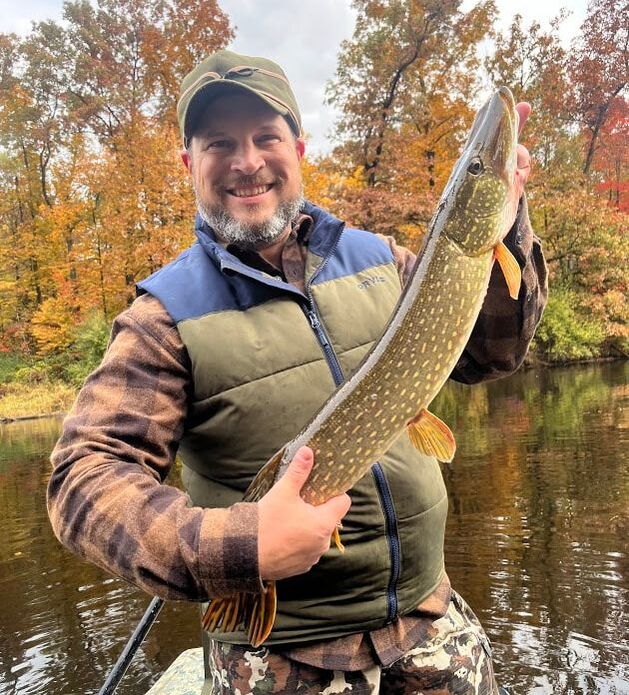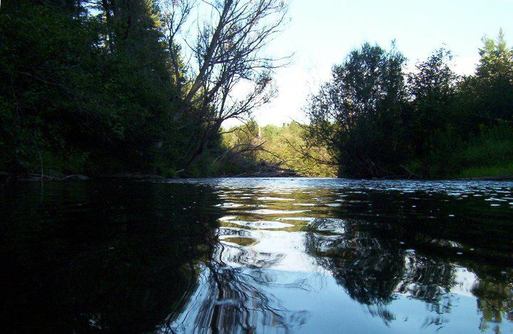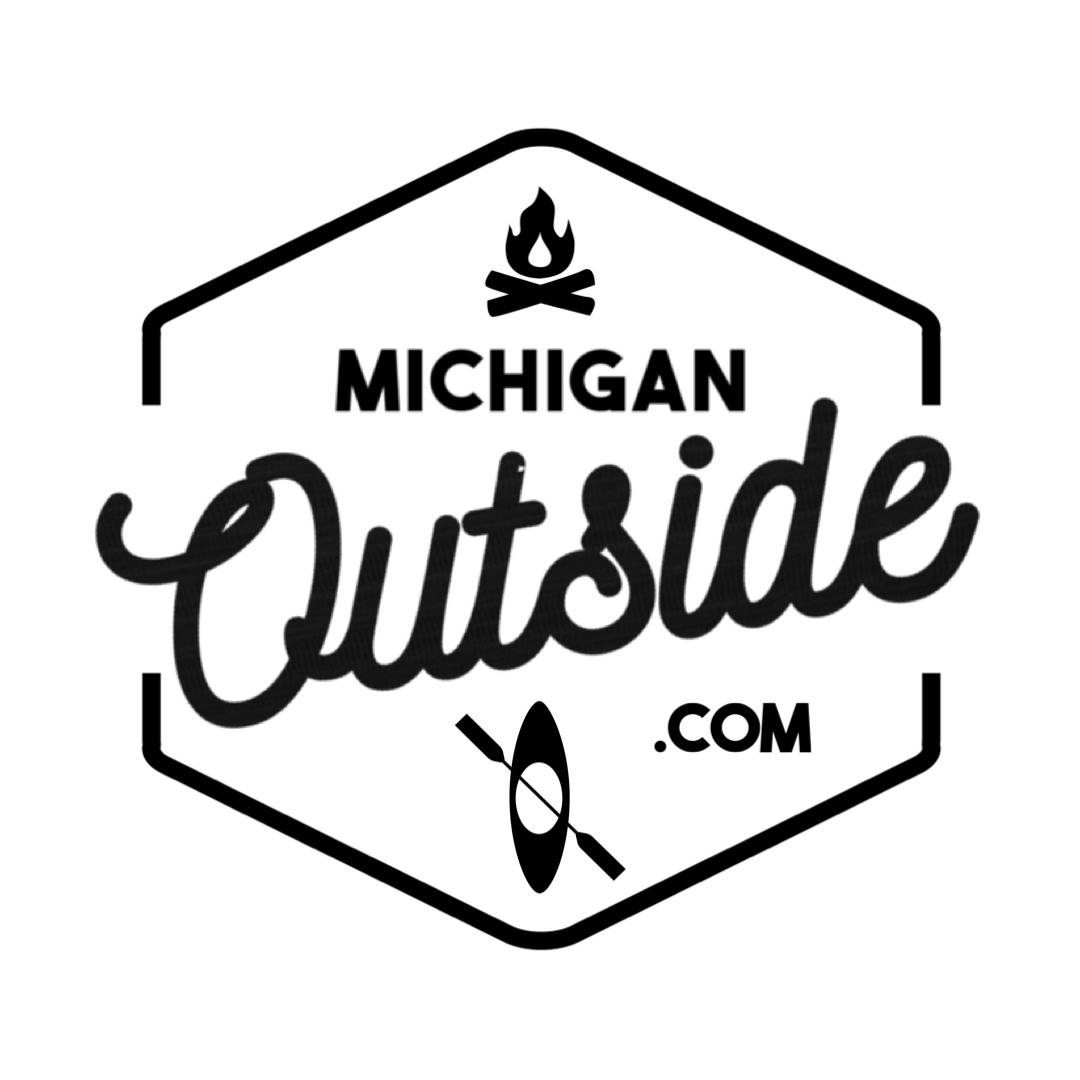|
|
AUTHOR
Drew YoungeDyke is an award-winning freelance outdoor writer and a Director of Conservation Partnerships for the National Wildlife Federation, a board member of the Outdoor Writers Association of America, and a member of the Association of Great Lakes Outdoor Writers and the Michigan Outdoor Writers Association.
All posts at Michigan Outside are independent and do not necessarily reflect the views of NWF, Surfrider, OWAA, AGLOW, MOWA, the or any other entity. ARCHIVES
June 2022
SUBJECTS
All
|



 RSS Feed
RSS Feed